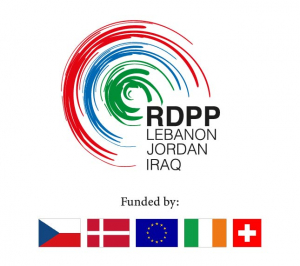Youth Experiences of Reporting Cybercrime in Jordan
September 2022
Young people in Jordan face overlapping social barriers that negatively impact their ability to obtain sufficient protection when occupying online spaces. To explore the nature of these barriers and illustrate their impact, Siren collected stories from 76 individuals who had been directly or indirectly affected by online bullying, harassment or blackmail.
The stories showed how victims of these forms of cybercrime often suffer cascading consequences, including financial loss, physical and emotional threats, loss of trust between family members, and social isolation.
The research highlighted the significance of the role of the family in influencing how people report cybercrime, while also bringing to light differences in the ways tribal dynamics and one’s legal status affect reporting patterns. The study found that inter-generational knowledge gaps additionally make it hard for young cybercrime victims to confide in their parents to address issues.
It is clear from the research that young women overwhelmingly suffer the most marginalisation, and face a higher possibility of violence directed against them after being targeted in online crime. Tailored security processes and protection services are required to address this specific form of vulnerability.
The study, implemented between June 2021 and January 2022, followed a Community Based Participatory Research methodology and mobilised researchers from local communities affected by cybercrime to collect the testimonials. This methodology was chosen to better bring the voices of those affected by these issues to policymakers, capturing authentic experiences that would likely have been missed by other research methods. The study sample was balanced between young men and women in Jordan, and covered different sections of society, including Jordanians, refugees and persons with disabilities.








